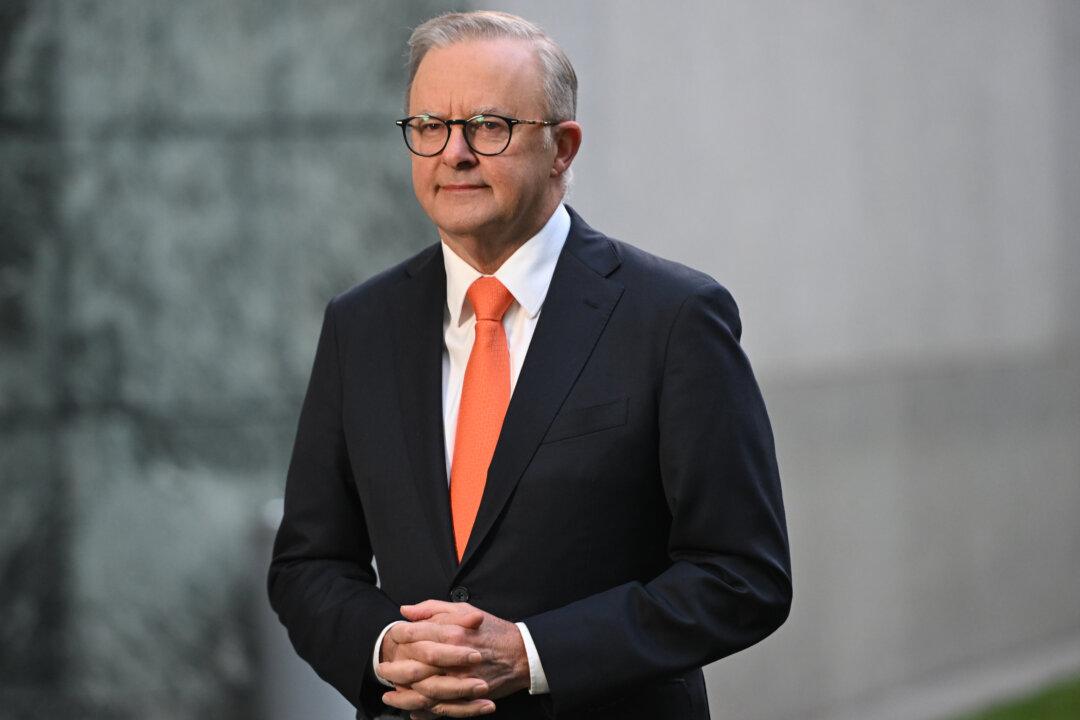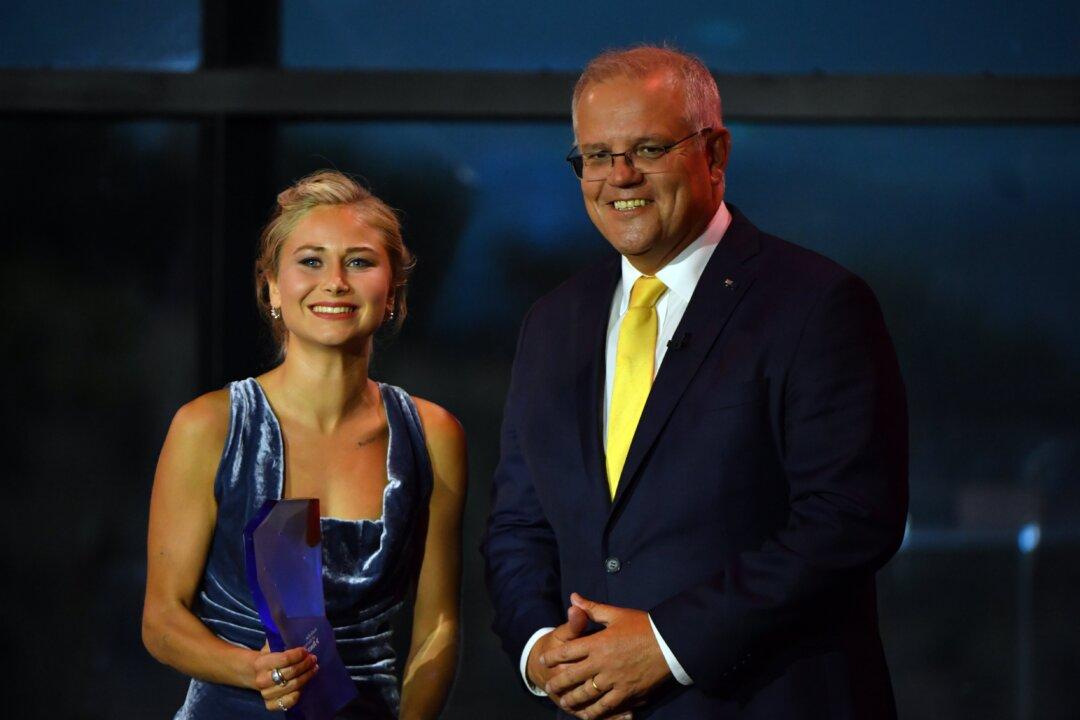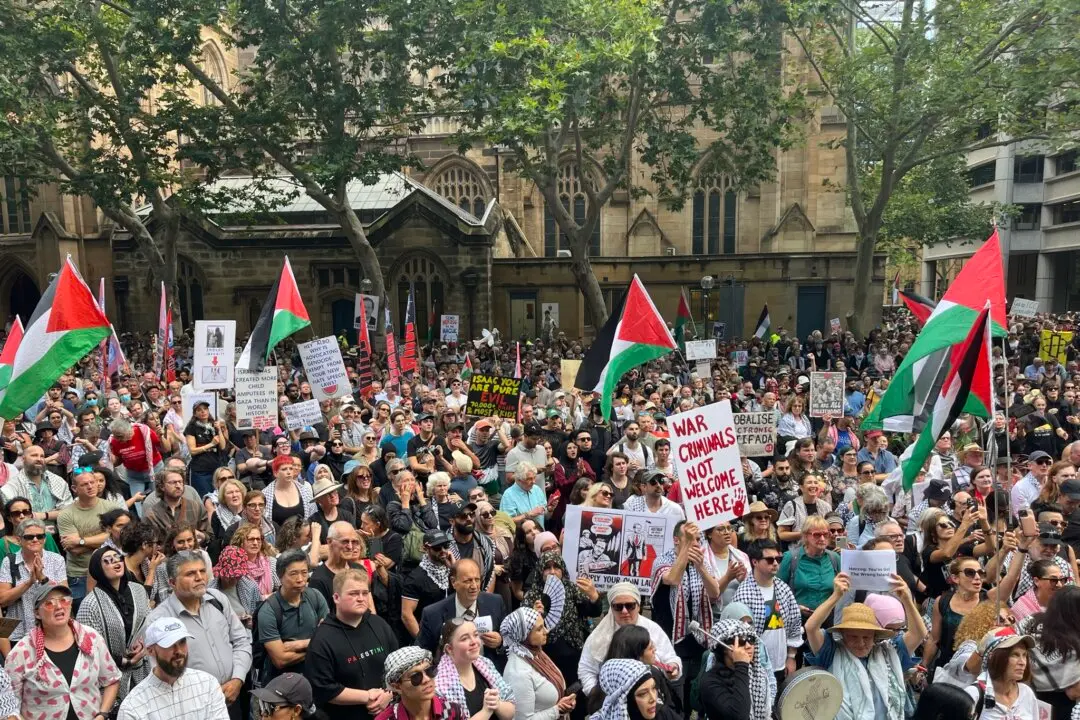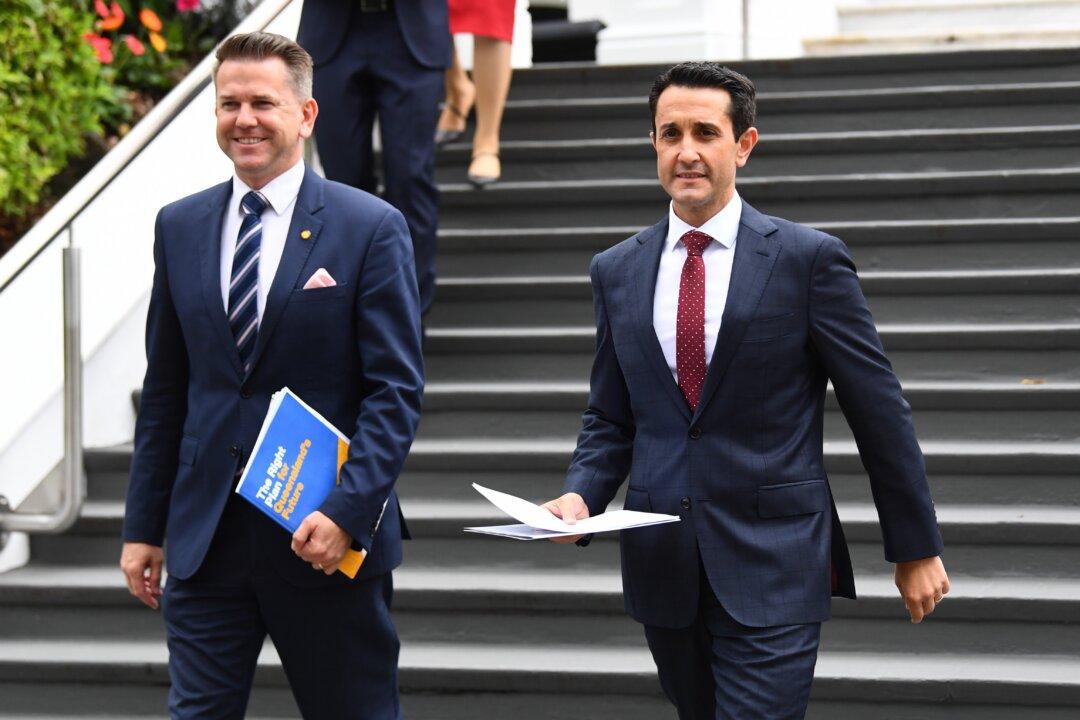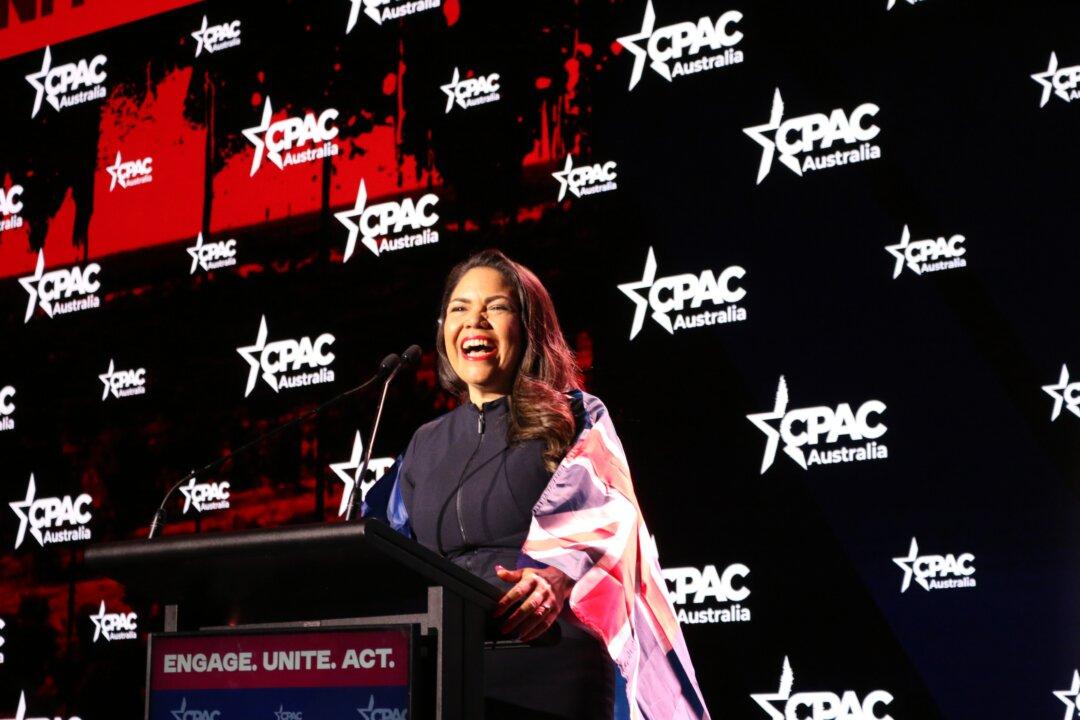Australian Prime Minister Anthony Albanese has reaffirmed his stance on renewables during his address at the Committee for Economic Development of Australia’s State of the Nation conference.
Speaking at the June 27 event, Mr. Albanese warned against wavering on Australia’s energy plan, saying the business sector had suffered as a result of instability.
